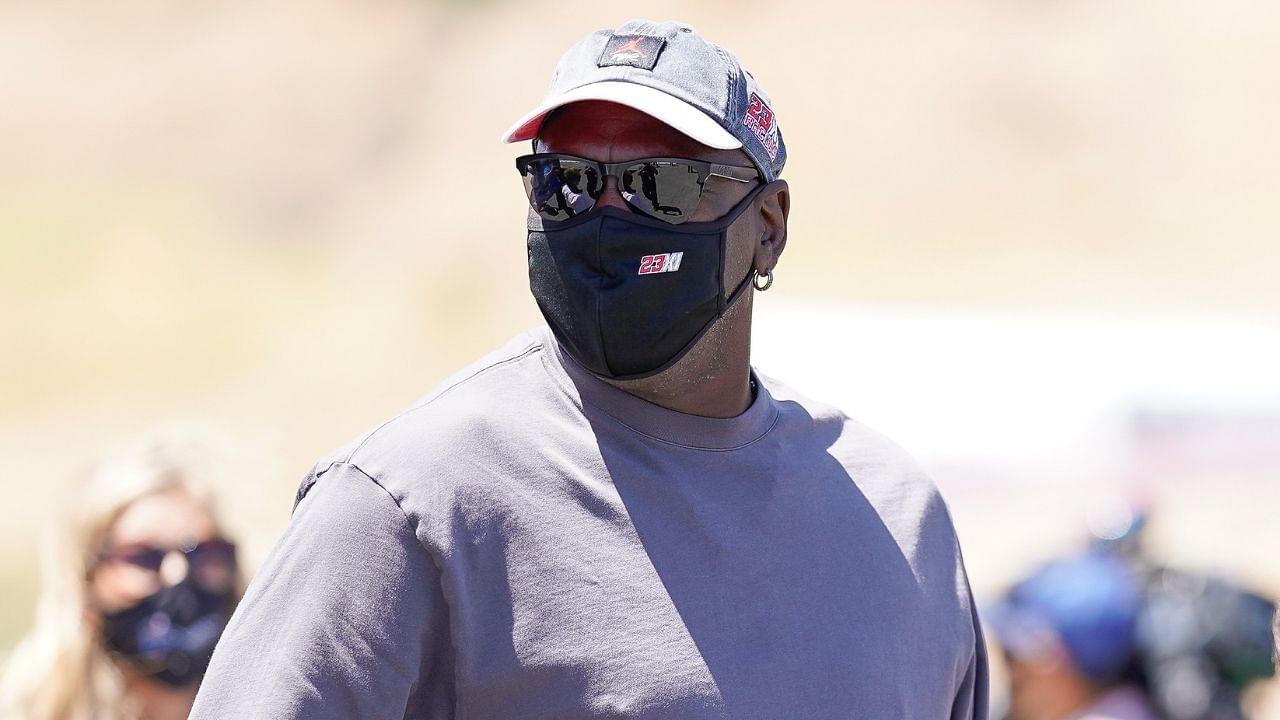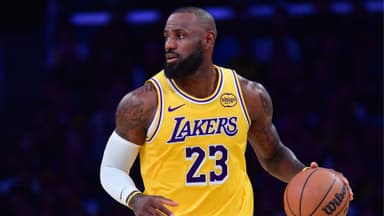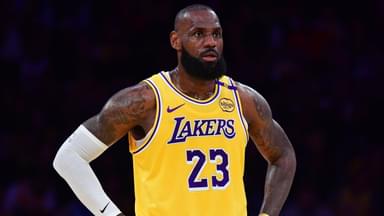Harry Edwards, a researcher from UC Berkeley, explains exactly how Michael Jordan paved the way for LeBron James’ social work.
Advertisement
It’s been a long time since Mike last played an NBA game. His name, however, continues to be the biggest brand in American sports bar none. Jordan was the first American athlete to have a global appeal – and probably the only one to compete with soccer legends.
A part of that comes from how Jordan Brand is still the cream of the crop for basketball sneakers. But that’s far from the only factor. Since his retirement, Jordan has made numerous investments in various sports. He’s the first black majority owner of an NBA team today.
How was Jordan able to do achieve this? The answer doesn’t have anything to do with his NBA salary. MJ hardly made 2 years’ worth of Stephen Curry’s current salary through 15 years in the league.
What it does have to do with is how MJ exploited his marketability to the fullest and made a fortune for himself. His deal with Nike rakes him in 5% royalties of all Jordan Brand shoes sold. He’s also endorsed a ton of other products over nearly 40 years now.
All of this accumulated wealth came because basketball fans across the world wanted a piece of Black Jesus. And that’s how he inspired 2-3 generations after him to be like Mike.
UC Berkeley professor explains how Michael Jordan paved the way for this generation
Harry Edwards, a professor at UC Berkeley, recently went on The Bakari sellers podcast. This was where he laid out in simple terms how the Jordan phenomenon paved the way for modern NBA stars to do their thing:
“When you look at Magic Johnson, when you look at Charles Barkley, when you look at Michael Jordan, don’t sell them short because the reality is if they had been activists, they never would have been able to achieve the status and the power that they achieved.”
“What we’re living through now, it’s great to see these athletes be so actively involved in social and political issues using the platform of social media that hadn’t always existed to have their voices heard.”
“Taking actions in a variety of forms — be it Kaepernick or NBA players in the bubble last fall deciding not to play, other athletes joining in, in support — none of this would be possible if they didn’t build on what came before it.”
“I see this as a kind of 60-year evolution, if you will. What we’re seeing now is contemporary, but it’s built on history and so that point about there needing to be a power base, we’re not talking about LeBron and a lot of these other individuals if not for what came before them, even if what came before them didn’t always manifest itself in the same way.”







